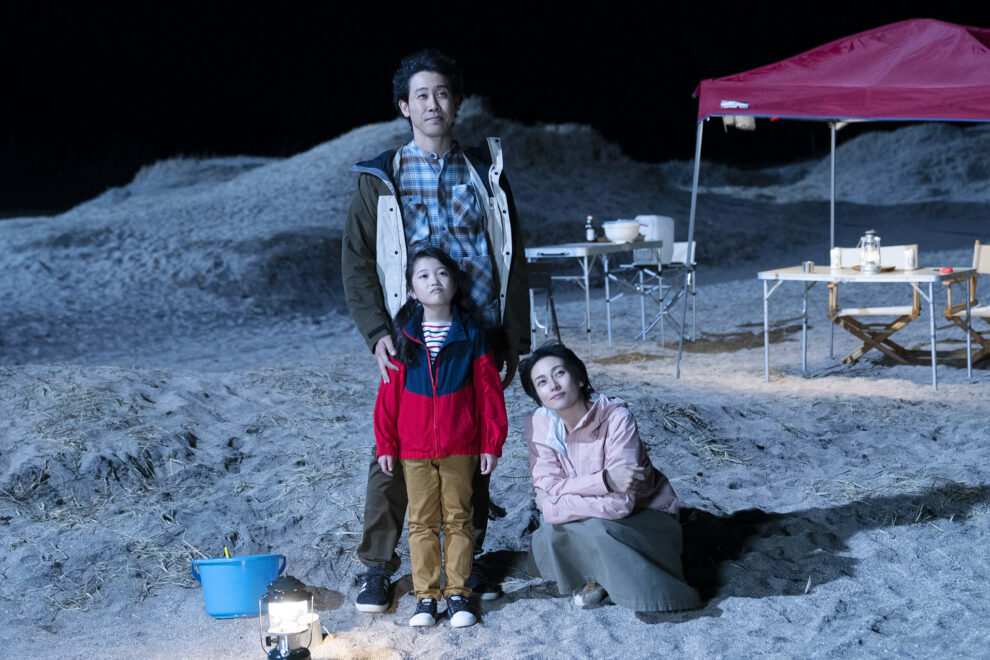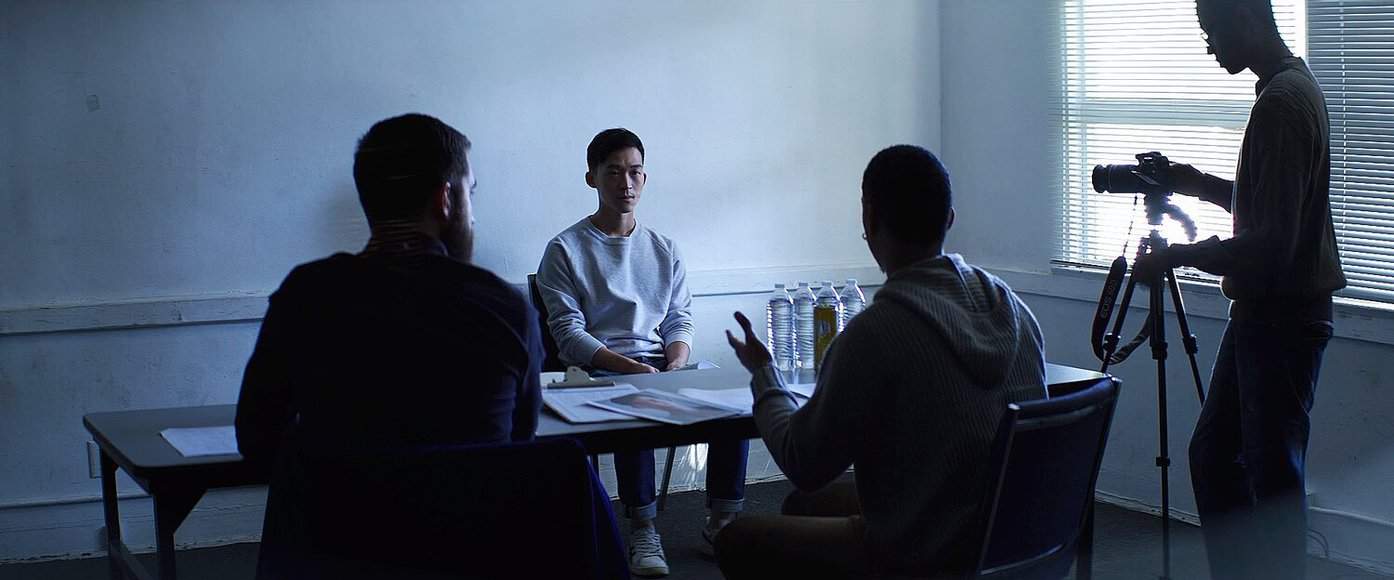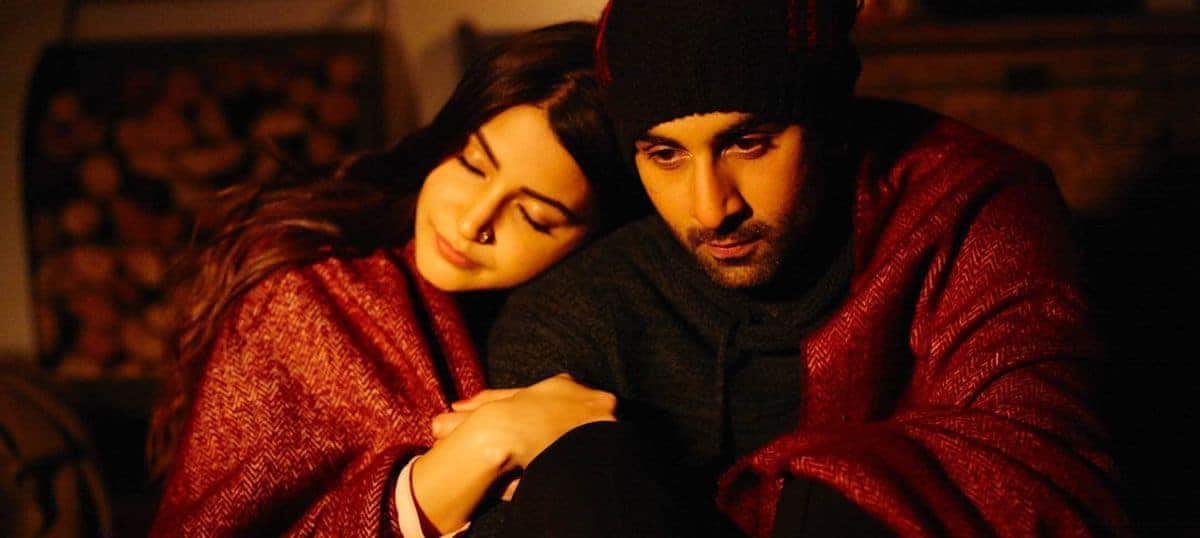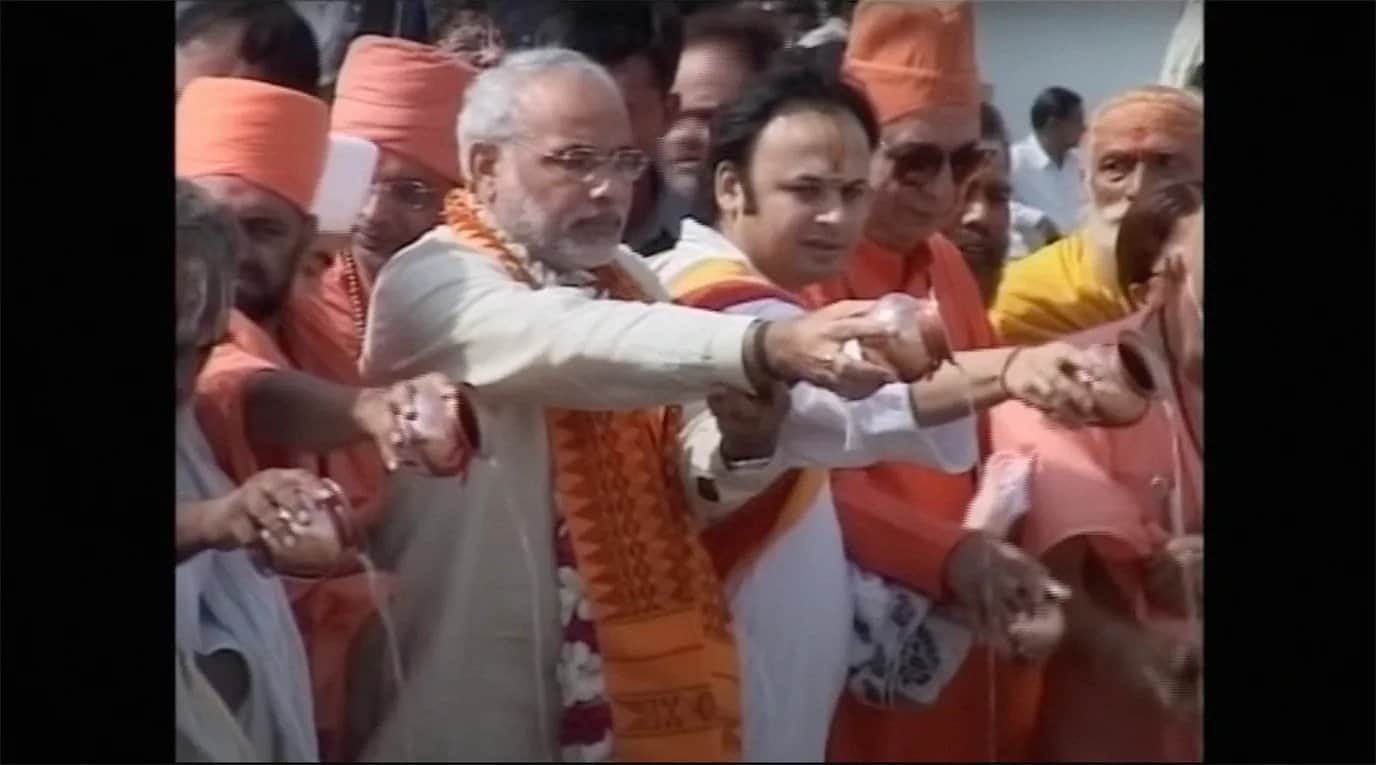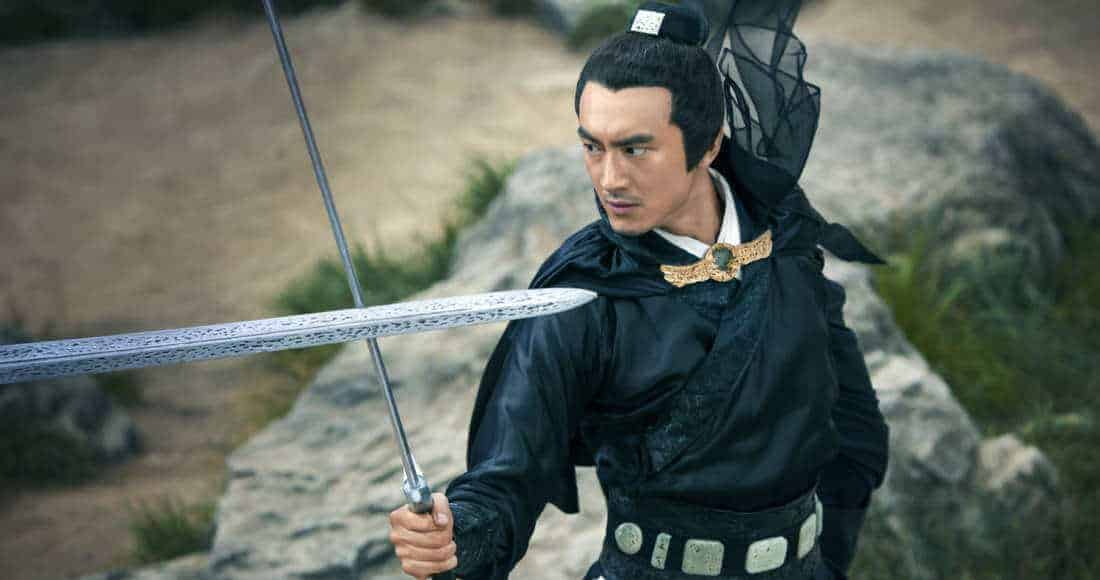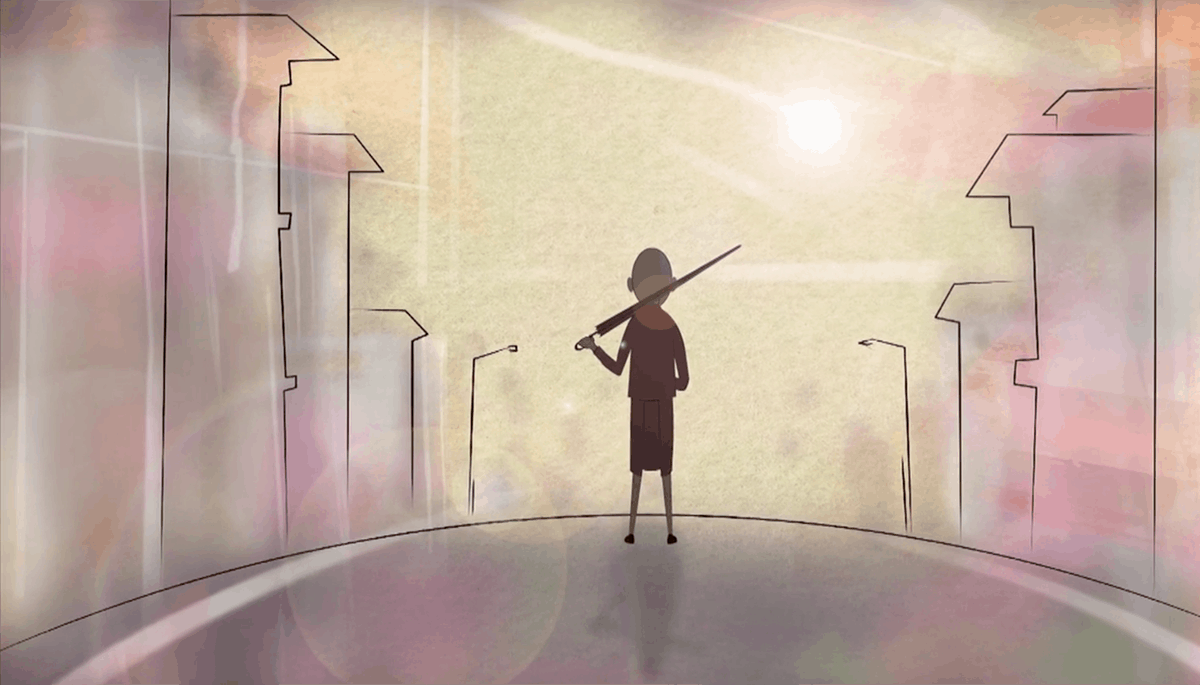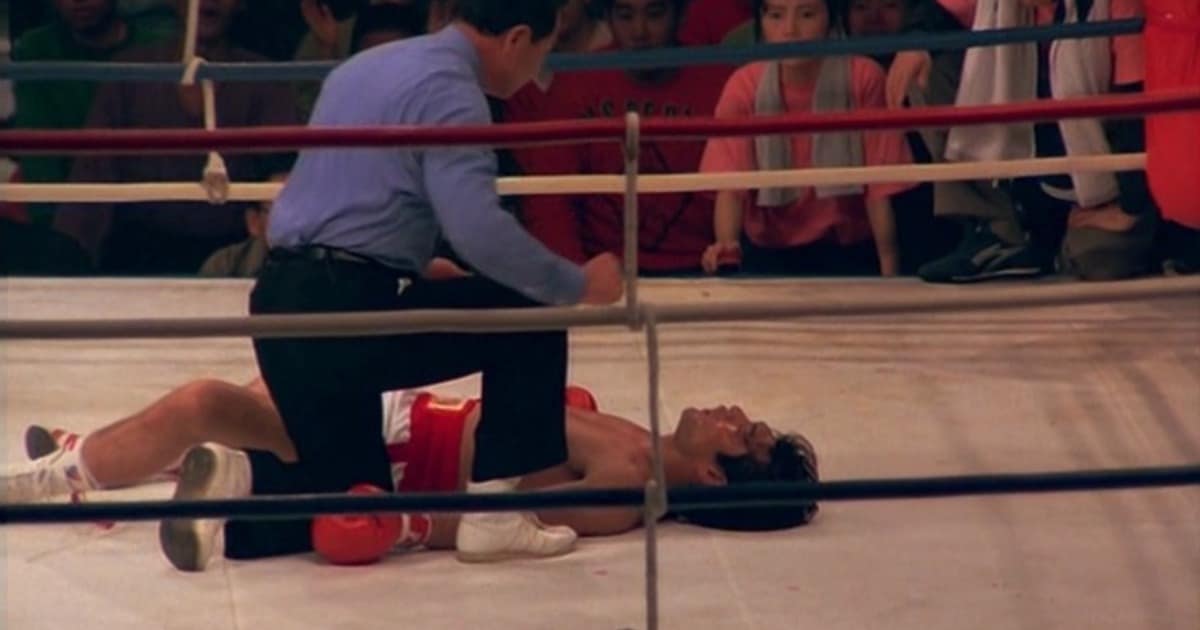Reincarnation is the central topic o Ryuchi Hiroki's drama “Phases of The Moon” that has just had its European premiere at far East Film Festival in Udine. Based on the bestselling novel by Shogo Sato, the script follows the aftermath of a big family tragedy, and one man's attempt to come to terms with it.
“Phases of the Moon” is screening at Udine Far East Film Festival

What happens when someone dies has been one of the most explored questions since the birth of religions. Some believe in heavens and hells, others in reincarnation, and an increasingly large number of people, in plain unison of decomposing bodies in nature. Which one of many presumption's is true is left to each one of us to fathom once we meet our end. If Hiroki was asked, he would chose both reincarnation and John Lenon's music to prove his point.
Kei (Yo Oizumi) takes a cab to place flowers at the crossroads where his daughter Ruri and wife Kozue (Ko Shibasaki) lost their lives. Eight years have passed, and he still hasn't come to terms with their death. He is back in his hometown of Hachinohe in the Aomori prefecture to meet old friends and relatives, and to visit the graves of his dearest ones. Two meetings will shake his already broken soul. One of them with a former art teacher of his deceased daughter, Yu, who tells him an unlikely story. The other one is a sudden visit by a man called Akira (Ren Meguro), who claims that Ruri was the reincarnation of his big love who had the same name. Osanai Kei dismisses both versions as tasteles jokes, wondering what could possibly motivate people to come up with such terribly cruel stories.
One thing will start shaking his firm dismissal of reincarnation. It's a painting his daughter had finished shortly before her death, showing the same man who came to his house earlier. He is identified by Yu as well, who recalls that Ruri spoke of him as “her big love from a previous life”. It turns out that she was on her way to meet him when the fatal accident, caused by the jealous husband from her previous life (where she is played by Kasumi Arimura), took hers, and the life of her mother.
Hiroki nods discreetly to his artistic influences. The young record store assistant Akira is seen wearing T-Shirt “A Swedish Love Story” (Roy Andersson's film from 1970 about puppy love starring Ann-Sofie Kylin and Rolf Sohlman), and the most important date is December 8th when John Lennon was murdered. In case you don't already know the lyrics of “Woman” and “Remember Love” you will be singing them next in a karaoke club without reading the subtitles. Both songs occur many times, building one of the connections between Ruri's reincarnations. The other one is the young woman's connection to the moon which lends the film its name. Mari Fukushige is responsible for the rest of the music scores heard in “Phases of The Moon”, and she does an excellent job.
Yo Oizumi is believable in his portrayal of a broken man, and the strongest ‘incarnation' of Ruri is surprisingly not given by Kasumi Arimura, but by its youngest version – a little girl who appears as the last one of them. It's a sweet, sad film with a lot going on. Actually, with so much going on that it takes a while to grasp how the whole system of soul-moving is working, except that it is somehow connected to a high fever. Not being acquainted with Sato's book, it's not possible to tell if the complexity of the story-layering starts there, or if it became opaque in the adaptation process.
“Phases of the Moon” is a film that isn't likely to find a larger audience outside of South and East Asia for its sugary texture, and a topic difficult to present in this form to an average Western cinema goer.


